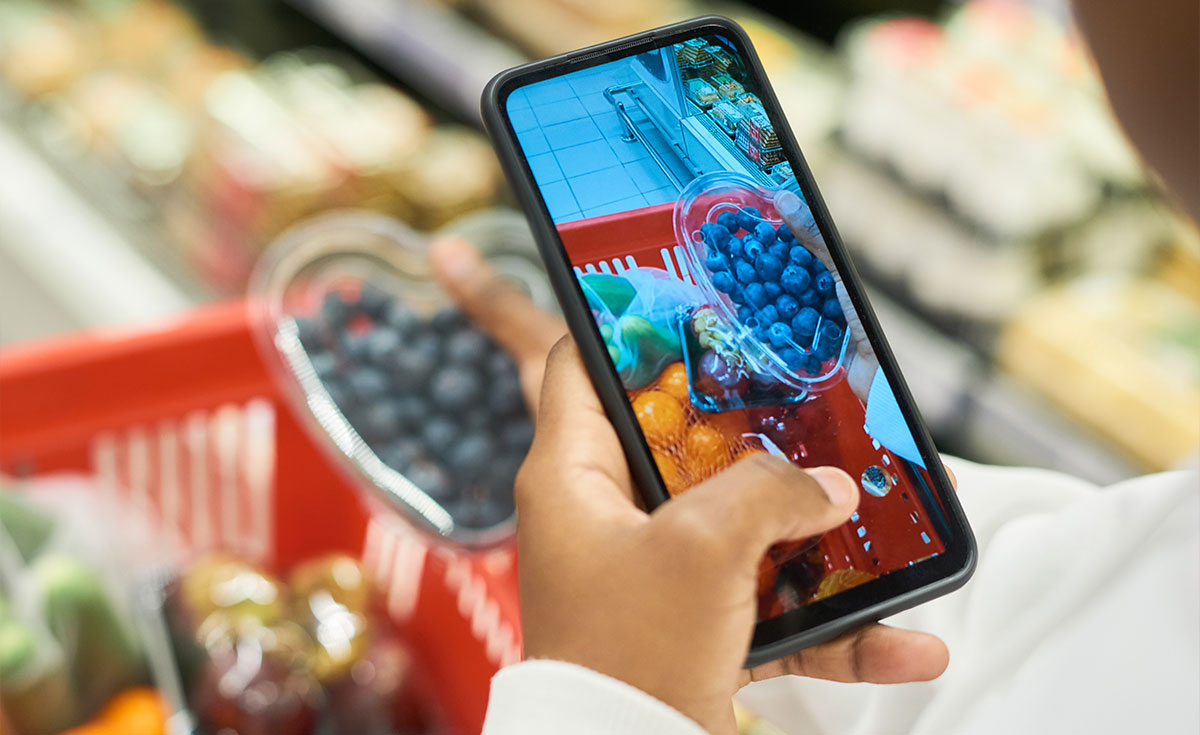By: Leslie G. Sarasin, FMI President and CEO
This is the last of five posts on The World is not a Stage, It’s a Supermarket, overviewing findings from U.S. Grocery Shopper Trends 2014.
In the 70s, the U.S. looked a lot like other countries when it came to health care costs, spending about $380 per person. In 1980, we spent $1,110 per person on health care, which worked out to about 9.2 percent of Gross Domestic Product. Then in the 80s and 90s, U.S. health-care costs began skyrocketing, outpacing other countries and escalating to $8,402 per person in 2010. That amounts to a total of $2.54 Trillion spent on health care, or 17.9 percent of our total economy. The story continues.
Since 2007, we have seen a steady increase in the number of consumers looking for food and beverages that are minimally processed, contain only ingredients they recognize, are locally grown or produced, or have the shortest list of ingredients. This year, more than one quarter of shoppers were purposely seeking these products.
With consumers increasingly recognizing their food retailers as members of their team providing access to key values and needs – such as health, enjoyment and discovery - it is time for us to expand our definition of convenience.
Of course, part of the larger wellness equation has to be food safety, and diligence in this area has been rewarded with 91 percent of consumers saying they trust their grocery store to provide safe food products. This is up from the 85 percent trust level registered in 2005. This is important because there have been some significant shifts over recent years regarding consumer assignment of food safety responsibility. Consumers still identify themselves as bearing the primary responsibility for ensuring the food they purchase is safe, rising from 55 percent in 2009 to 63 percent last year. What is significant to note is that the level of food safety responsibility that consumers assign to food stores has risen from 25 percent five years ago to 42 percent in 2014 – the same responsibility level given to government institutions. Perhaps food retailers are the political party of the future – running on a platform of trust and responsibility.
Customers trust their chosen food retailers and clearly identify them as allies in matters of health and nutrition. This level of consumer trust uniquely positions us with outstanding opportunity to play a significant role in America’s emerging focus on wellness.
Download a copy of the study by visiting www.fmi.org/store. FMI Connect attendees can use the code found in the app and on-site directory.


 Industry Topics address your specific area of expertise with resources, reports, events and more.
Industry Topics address your specific area of expertise with resources, reports, events and more.
 Our Research covers consumer behavior and retail operation benchmarks so you can make informed business decisions.
Our Research covers consumer behavior and retail operation benchmarks so you can make informed business decisions.
 Events and Education including online and in-person help you advance your food retail career.
Events and Education including online and in-person help you advance your food retail career.
 Food Safety training, resources and guidance that help you create a company food safety culture.
Food Safety training, resources and guidance that help you create a company food safety culture.
 Government Affairs work — federal and state — on the latest food industry policy, regulatory and legislative issues.
Government Affairs work — federal and state — on the latest food industry policy, regulatory and legislative issues.
 Get Involved. From industry awards to newsletters and committees, these resources help you take advantage of your membership.
Get Involved. From industry awards to newsletters and committees, these resources help you take advantage of your membership.
 Best practices, guidance documents, infographics, signage and more for the food industry on the COVID-19 pandemic.
Best practices, guidance documents, infographics, signage and more for the food industry on the COVID-19 pandemic.
